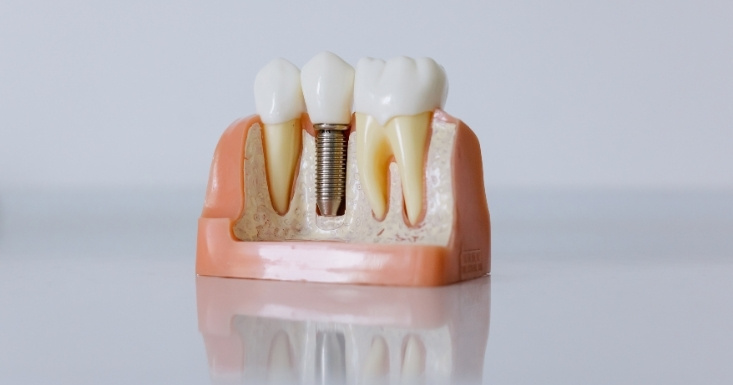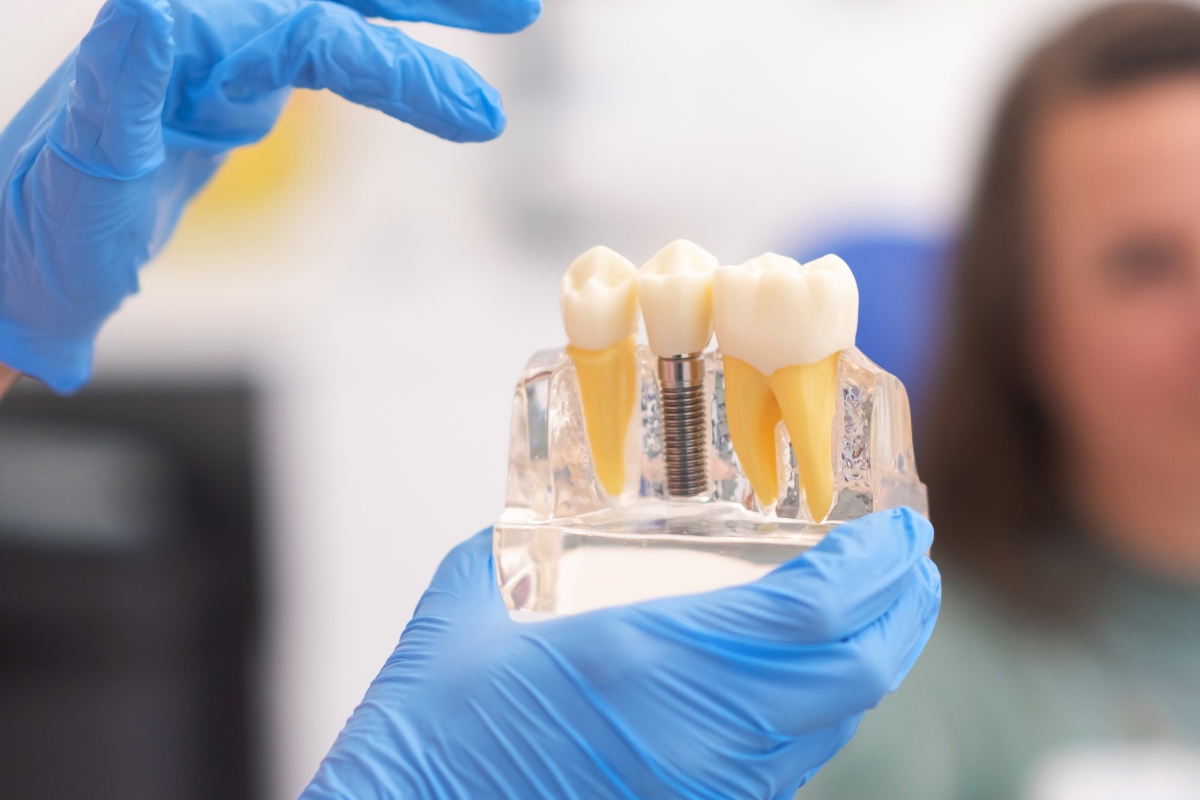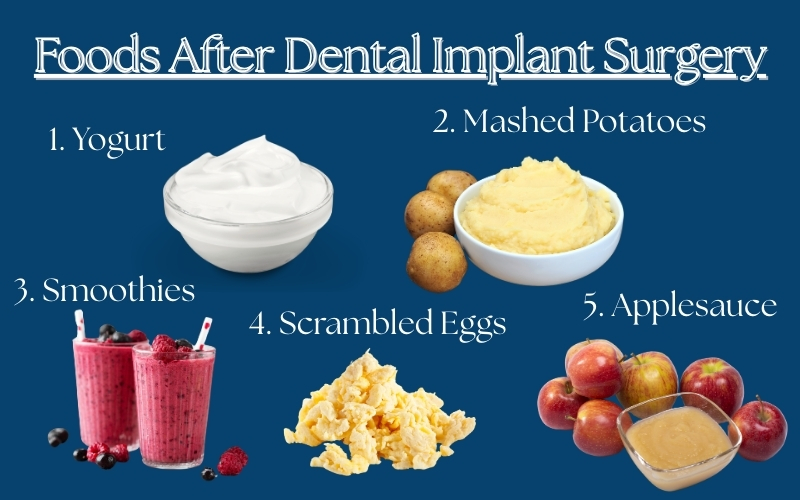
Most people think dental implants are a solution to missing teeth that restore function and appearance. But what if implants could offer more than just a better smile and improved bite? Surprisingly, dental implants can also have significant benefits for speech, making them an unexpected but effective component in speech therapy. If you’ve ever had trouble pronouncing certain sounds or words due to missing teeth, you may be amazed to learn how implants can help restore your ability to speak clearly.
The Role of Teeth in Speech
Before exploring how dental implants can aid speech therapy, it’s essential to understand how teeth contribute to speech in the first place. Your teeth, especially your front teeth, shape speech sounds. They help control airflow, act as guides for the tongue, and contribute to the precise articulation of many sounds, including “S,” “T,” “F,” and “V.” When teeth are missing, these sounds can become distorted, and speech can sound unclear or muffled.
The absence of these important oral structures can significantly impact speech clarity for individuals who have lost teeth. This is particularly true for people who lose their front teeth or experience significant gaps in their mouths. The inability to pronounce certain consonants or sounds can be frustrating and lead to a lack of confidence when speaking.
How do Dental Implants Help with Speech?
Dental implants are a permanent solution to missing teeth, and their ability to restore the mouth’s function goes far beyond simply allowing you to chew food properly. When implants are placed, they integrate into the jawbone, acting like natural tooth roots. This gives them the stability and function needed to support artificial teeth, whether crowns, bridges, or dentures. Here’s how implants can help improve speech:
- Restoring the Natural Alignment of Teeth
The placement of dental implants restores the alignment of your teeth, which plays a crucial role in producing clear speech. When you lose teeth, your remaining teeth may shift, leading to further misalignments and gaps in your bite. These issues can affect how you form sounds, especially those that require your teeth to contact the tongue or lips.
Dental implants help restore the natural alignment of your bite, ensuring that your teeth work in harmony with each other. This alignment is key to proper pronunciation and clear speech, making implants a potential game-changer for people who’ve struggled with speech distortions due to missing teeth.
- Improving the Function of the Tongue
The tongue plays a significant role in shaping the sounds of speech. For people with missing teeth, especially those in the front, the tongue may not be able to reach the necessary surfaces of the mouth to form certain sounds properly. This can result in a lisp or difficulty pronouncing sounds like “S” or “T.”
By replacing missing teeth with dental implants, you restore the surfaces the tongue needs to make contact with during speech. With adequately placed implants, the tongue can function more naturally, improving articulation and helping individuals speak more clearly and confidently.
- Preventing Facial Sagging and Speech Impairment
One of the lesser-known benefits of dental implants is their ability to prevent facial sagging, which can occur when teeth are lost. Without teeth supporting the jawbone, the face can begin to collapse inward, affecting appearance and function. This sagging can change how you speak, as the altered mouth and jaw structure can impact how the tongue and lips move during speech.
Dental implants help maintain the jaw’s structure, preventing facial collapse and ensuring speech remains as straightforward as possible. By preserving the face’s natural shape, implants make it easier to produce the full range of sounds required for clear speech.
- Restoring Confidence in Communication
Many people who experience speech difficulties due to missing teeth may feel self-conscious or embarrassed when talking to others. This can lead to avoiding social situations or communication altogether. By restoring a complete set of teeth with dental implants, individuals regain the ability to speak without hesitation, improving confidence and encouraging more social interaction.
Confidence in communication plays a significant role in both personal and professional relationships. When people feel comfortable and articulate, they are more likely to engage in conversations and express themselves clearly.
Can Dental Implants Replace Speech Therapy?
While implants can help improve speech by restoring the function of the teeth, they aren’t a direct replacement for speech therapy. However, implants can help individuals whose speech issues are primarily related to missing teeth overcome those challenges. In some cases, speech therapy may still be necessary, especially for individuals with developed speech patterns needing reconditioning.
Dental implants work best with other therapies and practices, such as speech exercises or training. If you’ve lost teeth and have been struggling with speech issues, a consultation with a dentist and a speech therapist can help you create a comprehensive plan to address your dental and speech needs.
A New Chapter in Clear Speech
Dental implants are often considered a solution for aesthetic concerns or chewing function, but they also offer unexpected benefits for those who struggle with speech clarity due to missing teeth. Implants can play a key role in enhancing speech by restoring the alignment of your bite, improving tongue function, preventing facial sagging, and boosting confidence.
If you’re facing speech difficulties caused by tooth loss, implants could be the solution you’ve been looking for. With their ability to restore your smile and speech, implants provide much more than just a physical transformation—they can help you regain confidence and communicate more effectively.



